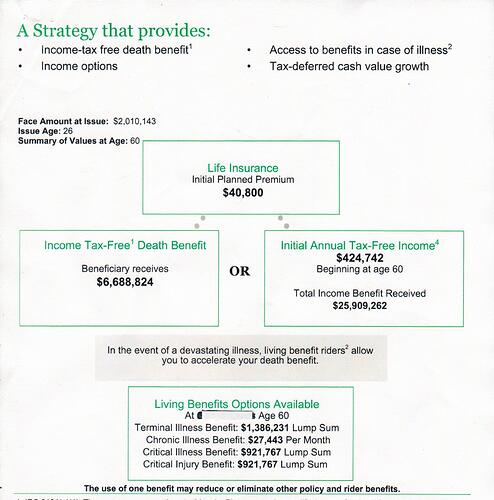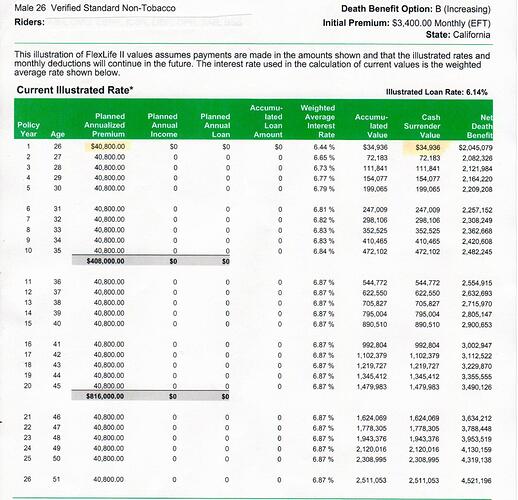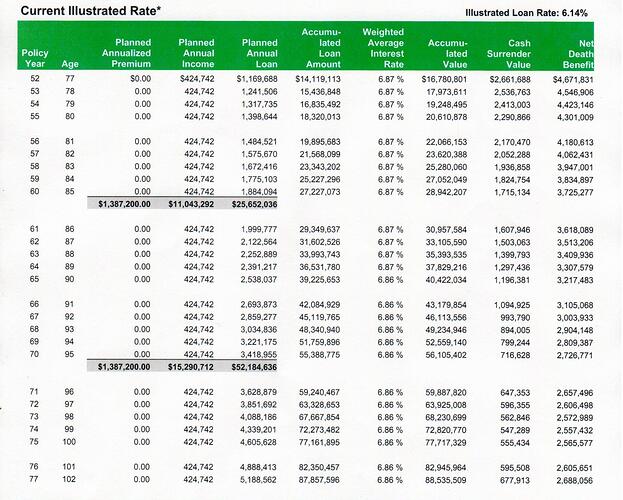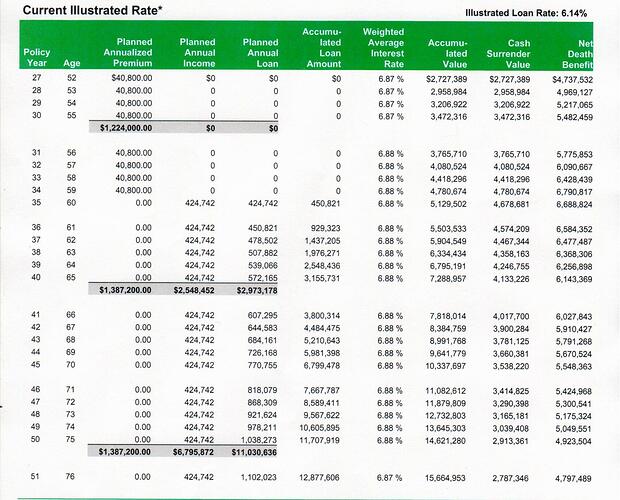Seen this in WSJ, sharing for information. I have not used it, trying it this year enrollment, no in depth knowledge.
If you are using, please provide feedback, that helps.
============================================================================
How to Get Entirely Tax-Free Retirement Income
If used wisely, HSAs give savers a triple benefit–pretax deduction, tax-free growth, tax-free withdrawals
When it comes to saving for retirement, I now use two accounts: My 401(k) and a health-savings account.
Many people overlook HSAs as a retirement-savings vehicle because they are typically used to pay current medical bills. But these accounts, which Congress authorized in 2003, come with more tax advantages than 401(k)s and individual retirement accounts when used to cover medical costs—whether now or in retirement. And there are ways to use them to create tax-free income in retirement.
Saving for medical costs makes sense given that they are a major expense in retirement. A 65-year-old couple who retires today and has no reason to expect an early death will need about $265,000 to have a 90% chance of having enough for Medicare premiums and the 38% of medical costs Medicare doesn’t cover, according to the nonprofit Employee Benefit Research Institute. (That amount doesn’t include dental and long-term-care expenses.)
The HSA “is the most tax-favored savings vehicle in the tax code,” says Leo Acheson, a senior analyst at Morningstar Inc. who wrote a recent report about HSAs.
As with a traditional 401(k) or IRA, an HSA allows you to set aside money without paying federal or state income taxes on it. Money in HSAs grows tax-free and, if used now—or later—for medical expenses, can be withdrawn tax-free. In contrast, with a traditional 401(k) or IRA, income tax is paid on withdrawals. (Alabama, California, New Jersey and New Hampshire don’t provide a state tax deduction for HSA contributions and Alabama, California and New Jersey also tax HSA earnings.)
Because of the HSA’s triple tax advantage—the upfront tax deduction, tax-free growth and tax-free withdrawals for medical expenses—experts recommend that those who can afford to contribute to both an HSA and a 401(k) kick in the maximum to both.
For a 401(k), the current annual limit is $18,000 for people under age 50 and $24,000 for older investors—numbers that will rise to $18,500 and $24,500 in 2018. The annual caps for HSAs are $3,400 for individuals and $6,750 for families in 2017 and $3,450 and $6,900 in 2018—with those who are 55 or older permitted to kick-in an extra $1,000.
Those who can’t afford to put the maximum in both should first allocate enough to their 401(k) to get the company match and then switch to the HSA (and later return to the 401(k) if they can save more), experts say.
To open an HSA, you must be covered by an HSA-qualified health insurance plan. Among other things, the plan must have a deductible of at least $1,300 for individuals and $2,600 for a family, thresholds that rise to $1350 and $2700 in 2018.
I signed up for such a plan in 2016. To help build a buffer against my plan’s $6,800 out-of-pocket spending cap for in network services, including a $2,800 deductible, my company deposited $500 into my HSA. I put in the $1,300 I saved on premiums by using the high-deductible plan instead of the conventional plan. Eventually, I added $2,050 more because I wanted to make the maximum annual contribution allowed, which, for individuals, was $3,350 in 2016. In 2017, I contributed the $3,400 individual limit. The biggest payoff with an HSA comes when the money set aside isn’t used for current medical bills and instead compounds over time for use in retirement, says Rob Austin, director of research at 401(k) record-keeper Alight Solutions LLC. “The longer you let HSA money grow, the more valuable it becomes.”
To see why, consider my approach: For the sake of a simple, round number, let’s assume I have a $75,000 salary. That means that after paying federal income tax at a 25% rate, New York state income tax at a 6.45% rate and FICA tax (which finances Social Security and Medicare) at 7.65%, I get to keep 61 cents of each additional dollar I earn—not great.
By saving in an HSA, I can shelter all 100 cents of every additional dollar I earn from taxation forever, assuming I use the money for medical bills.
Due to the HSA’s extra tax advantages, each dollar I put into my account will turn into $2.19 after 20 years, assuming a 4% annual inflation-adjusted return, according to Vanguard Group By contrast, the same dollar will be worth just $1.64 after I take it out of a traditional 401(k) in two decades and pay income taxes on the withdrawal. (The example assumes a 25% federal income-tax rate and ignores state tax.)
In an HSA, “savings can compound to produce higher returns than those available from other accounts,” said Maria Bruno, senior investment strategist at Vanguard.
Even if I decide to tap my HSA to cover current medical bills, it is still worthwhile to contribute, said Roy Ramthun, a consultant who specializes in high-deductible plans and HSAs. The reason: The upfront tax deduction allows me to keep the 39 cents per dollar I would otherwise have had to pay in taxes.
To withdraw money tax-free from an HSA, you have to use it for qualified expenses. Those can include not just medical bills but also dental and vision-care expenses, premiums for all types of Medicare plans except for Medigap, and a portion of long-term-care insurance premiums.
If you use your HSA for nonmedical expenses, you will owe income tax on your distributions—and a 20% penalty if you are younger than 65.
If you are organized and stockpile receipts for past medical costs you paid out of pocket since establishing the HSA, you can file for reimbursement in retirement. Doing this will allow you to supplement your retirement income tax-free in years in which tapping other accounts would push you into a higher tax bracket or expose you to higher Medicare premiums.
“You could conceivably buy a boat or motorcycle with HSA money if you have receipts for qualified medical expenses” you paid out of pocket in the past that are equal to the purchase price, said Eric Remjeske, president of Devenir Group LLC, which advises banks offering HSA investment platforms.




